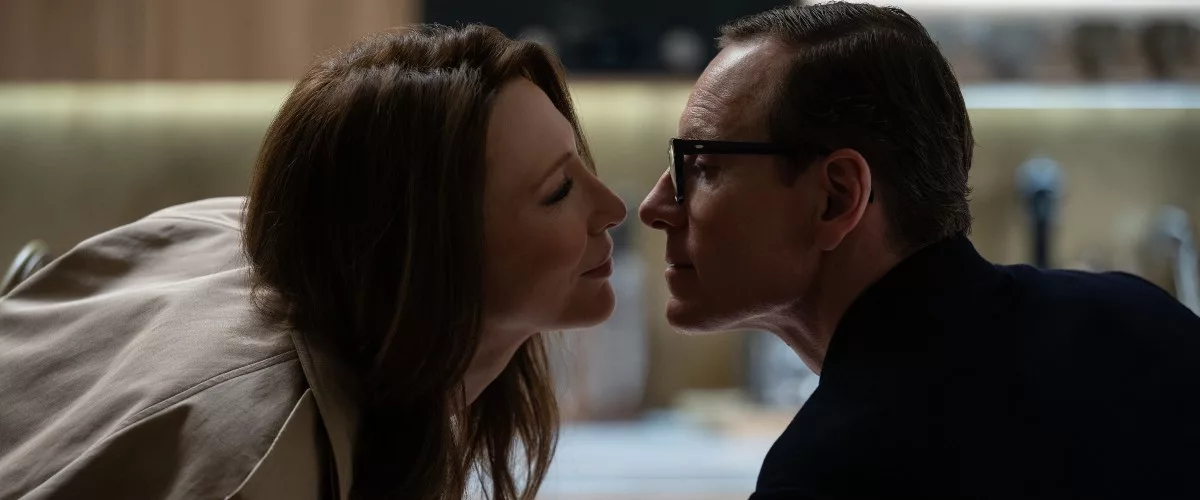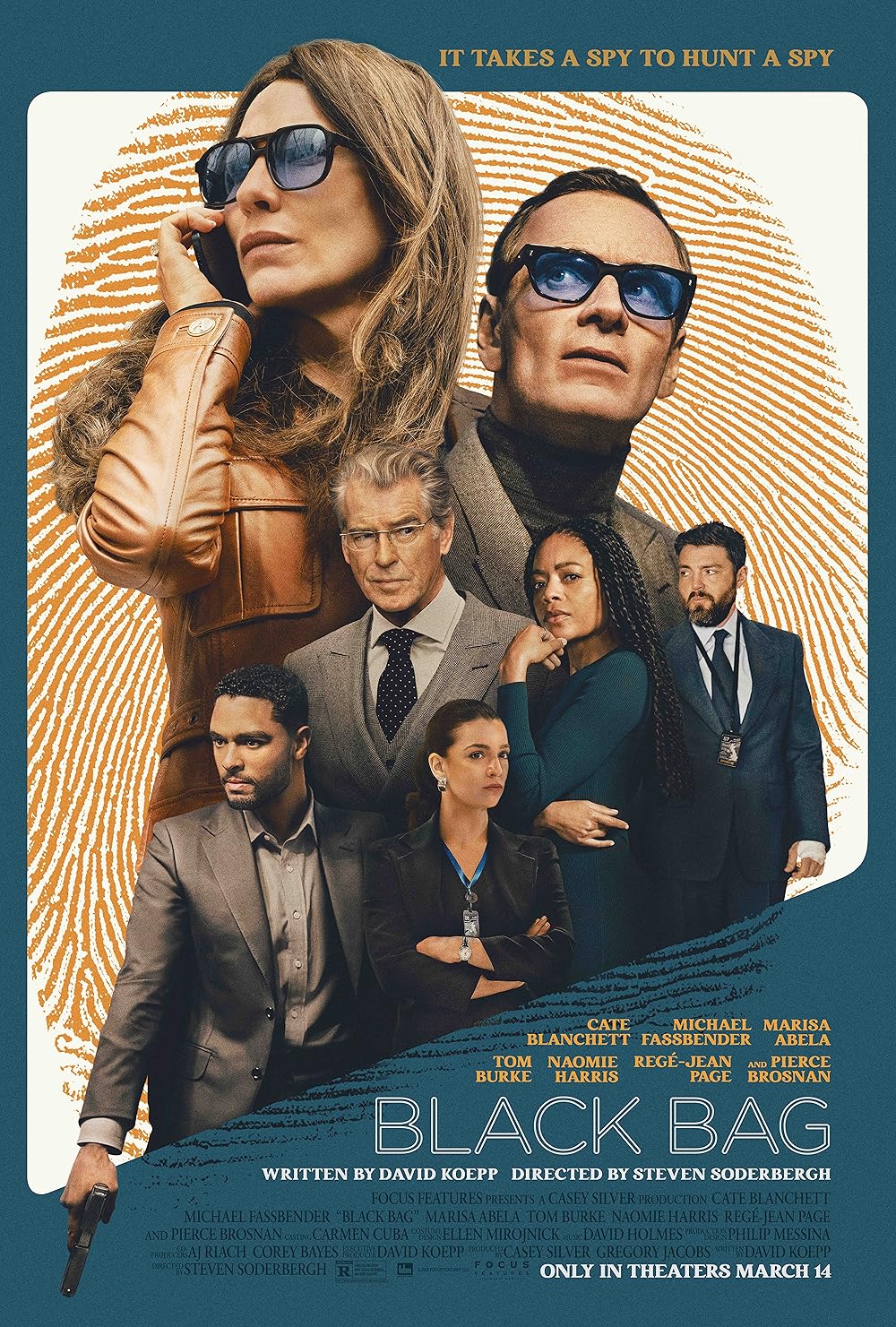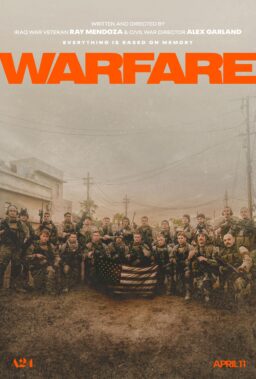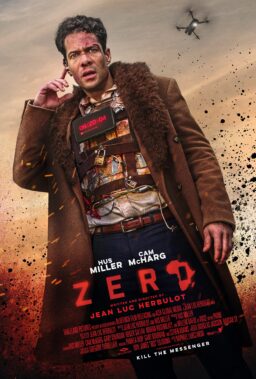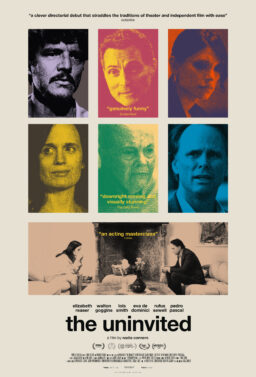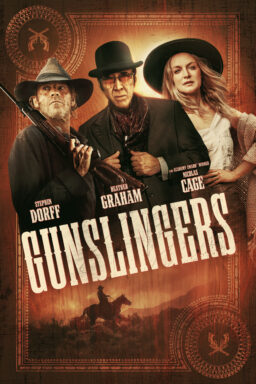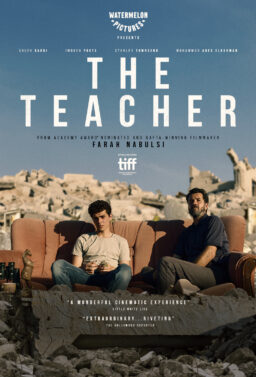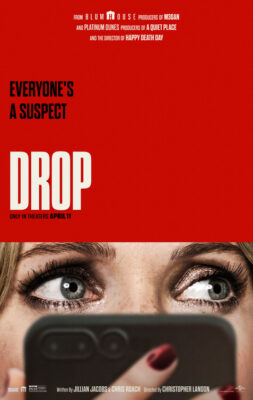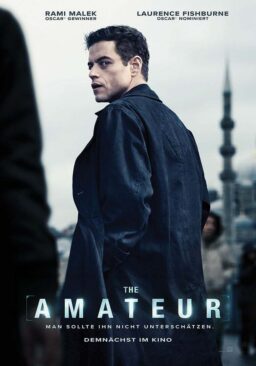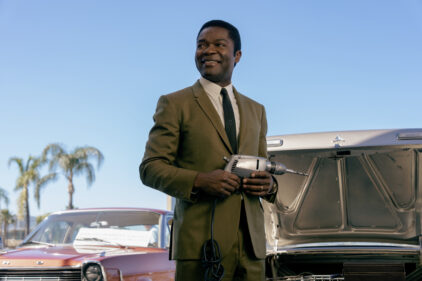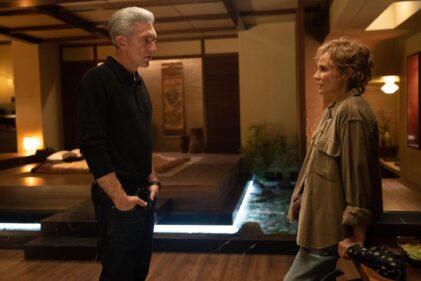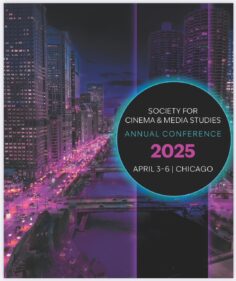Within a week, George (Michael Fassbender) will have to find the source of the security leak in his intelligence organization or tens of thousands of people will die. The short list of suspects includes his equally talented wife, Kathryn (Cate Blanchett), a hotheaded subordinate he passed over for promotion named Freddie Smalls (Tom Burke), his younger date who also works in surveillance, Clarissa Dubose (Marisa Abela), the hotshot go-getter who did nab the promotion, Colonel James Stokes (Regé-Jean Page), and his current date, one of the organization’s therapists, Dr. Zoe Vaughan (Naomie Harris). George invites them over for dinner for something of a truth-telling session, but little is revealed other than cracks in the other couples’ relationships. The game is afoot, and he has just a few more days left before the shadowy operation known as Severus wreaks real-world havoc.
Steven Soderbergh’s latest film, “Black Bag,” is an espionage thriller that feels like an update to Cold War-era stories like “Bridge of Spies” and “The Hunt For Red October” that adds in the modern complexities of drone strikes, satellite surveillance, and AI-powered eavesdropping. Writer David Koepp mixes these time-tested tales of suspense with an entourage of chaotic personalities, perfection-driven agents, and a conspiracy that threatens to ruin their careers if George isn’t careful. Koepp, who previously worked with Soderbergh on “Kimi” and “Presence” and whose previous spy writing credits include “Mission Impossible,” is well-equipped to keep viewers on the edge of their seats without making a character fire a single shot (at least not at first). Between the narrative tension between each person, Soderbergh’s fast-tempo editing, and his soft-focus cinematography using wide-angle lenses and rapidly shifting focus within scenes, the movie enhances the feeling of danger even as the characters are just seated around a dining table. It’s like waiting for the bomb to go off without a timer to warn you to brace for impact.
A man of many talents, Soderbergh has proved time and again he can immerse himself in a genre and turn in a celebrated entry, as he did in horror with “Contagion,” the quippy crime movie with “Ocean’s Eleven” and “The Limey,” and even a few Oscar-winning dramas including “Traffic” and “Erin Brockovich.” He’s directed six movies and two TV mini-series in the past five years alone. However, not all of these projects landed gracefully, as with the tepidly received “Magic Mike’s Last Dance” or the effective but quickly gone-from-theaters ghost movie “Presence.” Yet after over fifty directorial credits to his name over four decades, “Black Bag” feels like another energetic showcase for a man who never seems to slow down. It is, after all, his second release three months into 2025.
In a spiritual sense, “Black Bag” shares some DNA with the simmering tension of Soderbergh’s excellent romantic crime drama “Out of Sight,” in which a U.S. federal marshal (Jennifer Lopez) falls under the spell of a wayward criminal with a heart of gold (George Clooney). But in “Black Bag,” the sexual chemistry between Fassbender and Blanchett feels like a tango, smooth and sharp gliding across the floor with nothing to break the concentration on each other’s eyes. Yet, the speed of the dialogue feels closer to that of a screwball comedy. Every conversation is a test of wills and smarts, a tennis match between players who think they’re each at the top of their game. But as we’ve seen many times, only one player goes home the winner.
Much of the movie’s magic lies with Carmen Cuba’s excellent casting choices and the actors’ stellar performances. As in “The Killer,” Fassbender plays calm and cool, almost to a fault, with a square-jaw resolution and shark-like focus. In “Black Bag,” his approach is subtle yet unnerving, as every other character watches him nervously as he studies their every move from behind his thick glasses, like a GQ Magazine-dressed, Sherlock-encoded James Bond with less gadgets and fisticuffs but who relishes the battle of wits and the challenges of sustaining a married life in a profession built out of secrecy. Blanchett’s Kathryn is a different degree of calm and cool, with a much more glamorous flair and fondness for cutting remarks. She suffers no fools and says as much to their face with a sly grin as opposed to George’s quieter approach to letting the traitor fall into his trap. The couple’s bond, while questioned by others, is never questioned by the other, although Blanchett’s Kathryn is an adept poker-faced player who seems the most capable at besting George at his own game.
While the rest of the characters act like bumpers in a pinball game, kicking the ball further and further up on the board, the crew is headed by none other than a former James Bond: Pierce Brosnan as Arthur Steiglitz, a man heading the intelligence organization with a touch of insecurity over the news the leak is coming from inside his own ranks.
Soderbergh is reflected in the character of George, a tireless operative who takes on impossible challenges in short timeframes and relies on the trust of close collaborators. “Black Bag” feels like a return to form for the triple threat filmmaker who directed, filmed, and edited together a smart, sexy spy vs. spy thriller fought mostly over dialogue. The result is absolutely delicious, a svelte piece of entertainment that feels like a vintage yarn yet very much represents our own current anxieties, questions of sustaining trust in relationships and high-stake careers. Soderbergh and Koepp’s third collaboration is unlike their previous works, and the pair give “Black Bag” an air of intrigue and just the right amount of volatility to keep viewers guessing and rethinking their conclusions up to the end’s thrilling denouement.
In theaters now.

